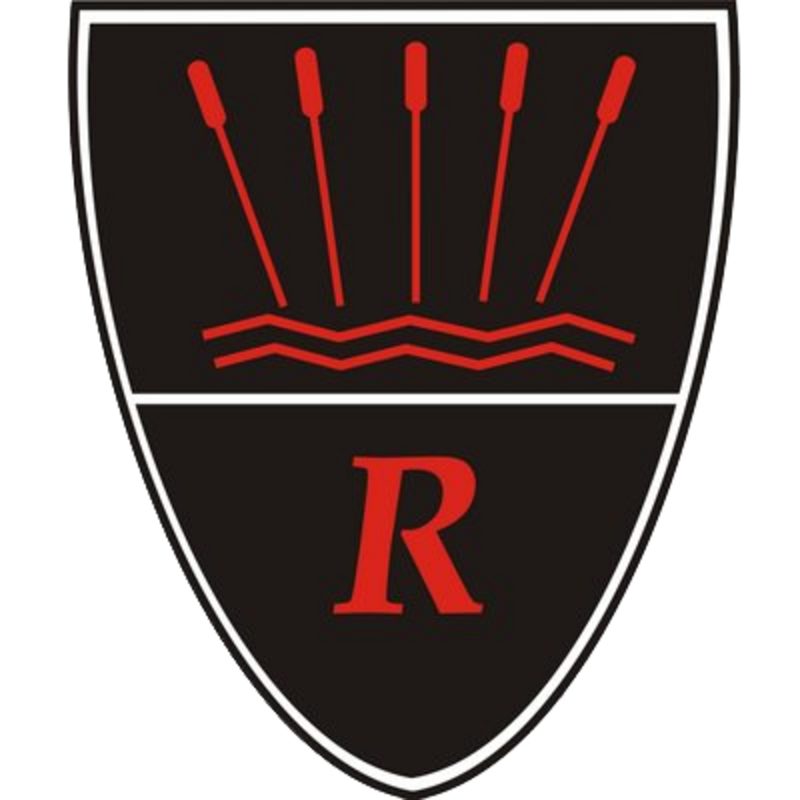
Course outline Students will follow the 2 year A level course. They will complete one written exam (the study of 2 set texts and a play review), a group devised performance and accompanying 3000 word document, and 3 performances from different plays and styles, also accompanied by a 3000 word document. A significant amount of time is spent in rehearsal, but the majority of marks will come from the students’ written work. Lesson structure and expectations Theory sessions will be almost entirely teacher-led. In these, students can expect instruction, discussions and the group reading of texts which will involve diligent note-taking. Students need to take considerable responsibility for their contribution to practical lessons, and will be expected to develop the skills and confidence necessary to bring ideas to lessons, organise rehearsals after school, learn lines quickly, be resilient in the face of criticism and to work effectively as part of a team. In order to be a successful candidate, you will be expected to demonstrate: • Sustained application throughout the course, including meeting essay and performance deadlines, maintaining an excellent attendance record, and reading relevant texts, essays and articles in your own time; • The discipline to attend rehearsals in your own time. You need to consider your ‘paid work’ commitments and travel arrangements carefully before choosing this A level; • A willingness to organise and attend theatre performances in your own time. Course requirements Grade 4 in English literature and a grade 5 in GCSE drama, if taken. Next steps If you have gained a good A level in this subject, you have proved yourself capable of self-motivated research, disciplined working practices, critical and analytical evaluation, and of being a valuable member of a team. Although it is not a passport into the entertainment industry, it is a helpful and often necessary springboard into studying drama, theatre and acting at degree standard at universities or drama schools. Our students have gone on to careers in law, business, freelance directing, acting on stage and screen, running outreach programmes for theatres, and many have ended up in the teaching profession.
About Education Provider
| Region | East of England |
| Local Authority | Central Bedfordshire |
| Ofsted Rating | Good |
| Gender Type | Co-Educational |
| Address | Flitwick Road, Ampthill, Bedford, MK45 2NU |
Course outline Students will follow the 2 year A level course. They will complete one written exam (the study of 2 set texts and a play review), a group devised performance and accompanying 3000 word document, and 3 performances from different plays and styles, also accompanied by a 3000 word document. A significant amount of time is spent in rehearsal, but the majority of marks will come from the students’ written work. Lesson structure and expectations Theory sessions will be almost entirely teacher-led. In these, students can expect instruction, discussions and the group reading of texts which will involve diligent note-taking. Students need to take considerable responsibility for their contribution to practical lessons, and will be expected to develop the skills and confidence necessary to bring ideas to lessons, organise rehearsals after school, learn lines quickly, be resilient in the face of criticism and to work effectively as part of a team. In order to be a successful candidate, you will be expected to demonstrate: • Sustained application throughout the course, including meeting essay and performance deadlines, maintaining an excellent attendance record, and reading relevant texts, essays and articles in your own time; • The discipline to attend rehearsals in your own time. You need to consider your ‘paid work’ commitments and travel arrangements carefully before choosing this A level; • A willingness to organise and attend theatre performances in your own time. Course requirements Grade 4 in English literature and a grade 5 in GCSE drama, if taken. Next steps If you have gained a good A level in this subject, you have proved yourself capable of self-motivated research, disciplined working practices, critical and analytical evaluation, and of being a valuable member of a team. Although it is not a passport into the entertainment industry, it is a helpful and often necessary springboard into studying drama, theatre and acting at degree standard at universities or drama schools. Our students have gone on to careers in law, business, freelance directing, acting on stage and screen, running outreach programmes for theatres, and many have ended up in the teaching profession.